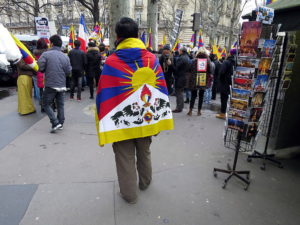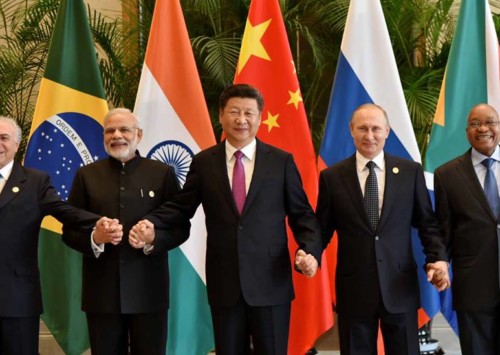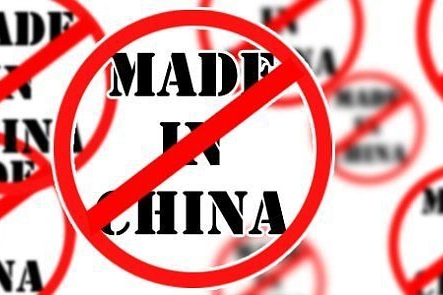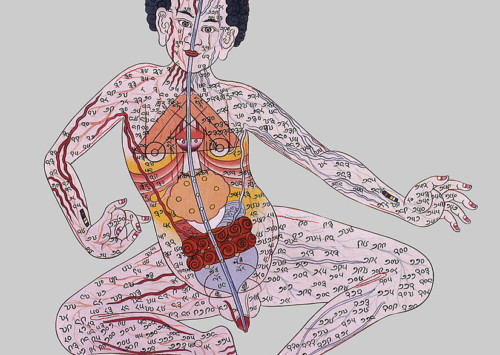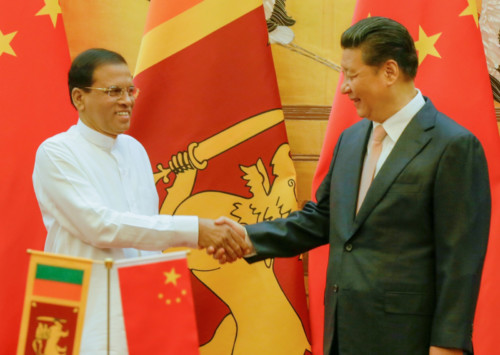Dalai Lama’s upcoming visit to Arunachal Pradesh angers China
As parts of the world observe the 58th Tibetan Uprising Day, Tibet remains unaddressed and the Dalai Lama’s plan to visit the north-eastern state of Arunachal Pradesh has stirred China.
The world is observing the 58th anniversary of the day marking the beginning of an uprising that commenced in Tibet in 1959, which was undertaken to oppose the presence of China in the region. Known as the Uprising Day of Tibet, this day is meant to acknowledge and remember the lives lost in the rebellion, which also led to the consequent exile of the then Dalai Lama to India. It is observed mostly by Tibetan exiles and those in solidarity with the ‘Free Tibet’ movement, such as the Students For a Free Tibet global network. In protests and observations in Chinese embassies, major public venues and other such places around the world, some hope to highlight the contentions in Tibet that remain unresolved to this day.
“On this day, in 1959, Tibetans from across the social spectrum rose up to stage a defiant yet peaceful uprising against the illegal occupation of Tibet by the People’s Republic of China,” said Dr Lobsang Sangay, the Sikyong or leader of the Central Tibetan Administration, also known as the Tibetan Government in exile, while issuing a statement for the day. He added, “We remember and pay tribute to all those who have sacrificed their lives for our nation’s struggle. Till date, an estimated million Tibetans have perished and 98 pc of monasteries were destroyed under the Chinese occupation.”
In Canada, a number of marches and observations are being held in cities such as Toronto and Ontario. Students for a Free Tibet also lead in marches in Copenhagen, Denmark and marches to the Chinese embassies in cities such as London. The participants worldwide hope to bring back the conversation on Tibet’s conditions, an issue which has seen self-immolation as a form of protest in the past. Dharamsala, nicknamed ‘Little Lhasa’ and arguably the largest settlement of Tibetan refugees in India, has also organised activities.
@GreensJamieP, MP for Balmain and @RevBillCrews with the Tibetan Community in Sydney on Tibetan Uprising Day #march10 #freetibet #thankYou pic.twitter.com/bdhEm2J6HH
— Tenpa Dugdak (@TDugdak) March 10, 2017
At the on-going 34th session of UN Human Rights Council that commenced on February 27, the UN High Commissioner for Human Rights, Prince Zeid Ra’ad Zeid Al-Hussein expressed concern over human rights in Tibet and dialogue with China. On the eve of the session, six of the United Nations experts, or special rapporteurs, who come from various countries, jointly issued a statement addressing ongoing range human rights violations in Tibet, specifically in Larung Gar and Yachen Gar, as well as “excessive use of force against, and arbitrary arrest and detention of peaceful protesters.” The European Parliament has also expressed its concern by adopting an urgency resolution on Tibet in December 2016, seeking dialogue, investigation and action on China’s side.
India in focus
Expressing gratitude to those acknowledging and furthering the rights of Tibetans, Dr Sangay stated, in anticipation of 2018, “We will therefore observe 2018 as a year of gratitude to express our deep appreciation to the governments and people around the world, in particular India, for extending their hospitality and unwavering support over the last half-century.”
Tibet Cause will Prevail One Day: Pres of South Tyroll at 58th Tibetan National Uprising Day https://t.co/fUVvo0mNym pic.twitter.com/fiWjblpFwq
— Rangzen (@BhoRangzen) March 10, 2017
Despite India playing a vital part for the people of Tibet, since it reportedly went under Chinese occupation, by providing refuge to over 100,000 Tibetan exiles, the country has shied away from explicitly expressing its intent on the issue. No acknowledgement and address in direct terms has been seen by the Indian government at the current moment towards the question of Tibet. Right to self-determination and autonomy are contentious issues even within India, with Kashmir as an increasingly volatile region that the government is failing to bring stability to. India has taken a soft stance by resorting to appreciating the importance of Dalai Lama, the spiritual and political figurehead for Tibetan Buddhists, who has been revered worldwide.
Indo-China tensions resurface
China, which has been involved in border skirmishes over Arunachal Pradesh in northeastern India for decades, expressed its outrage over an upcoming visit in April by the Dalai Lama’s to the same region. China has raised objections to visits by ministers, officials and other spiritual leaders to Arunachal Pradesh in the past. In a recent description of the 14th Dalai Lama as a “political exile engaged in anti-China separatist activities under the disguise of religion,” it is evident that China holds the leader in no high regard. “India’s invitation to the Dalai Lama to the disputed areas between China and India will bring severe damage to peace and stability of the border areas and China-India relations,” stated China’s Foreign Ministry spokesperson, Geng Shuang, when questioned on the scheduled visit.
India, in this instance of China’s objection, replied with acknowledging Dalai Lama’s importance. “He is a revered religious figure who is treated as such by the government and the people of India,” Gopal Baglay, official spokesperson of the Ministry of External Affairs (MEA) stated. Following that, India urged to avoid an escalation of the issue, with Baglay stating, “The government has no say in his travels within India and no political meaning should be attached to them as such.”
Even as Indo-China relations have been tinged with shades of grey, India has largely been unsuccessful in setting straight major points of contention such as the border or Tibet. Home Minister Kiren Rijiju had stated, as part of a response to China’s objections to Dalai Lama’s visit, “We are neither going to be dominated by anyone nor shall we dominate any of our neighbours. But, we give prime importance to India’s interests.” However, without any direct reference to China, India’s words yet again reflected its reluctance to pursue a clear policy with its neighbour.

